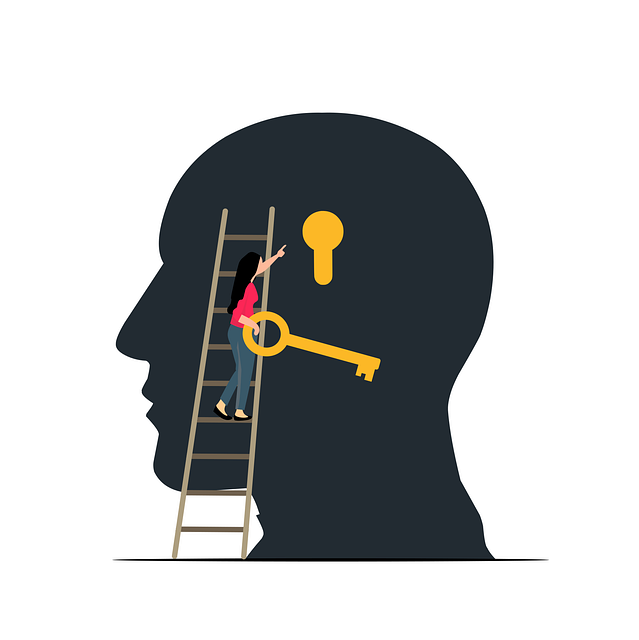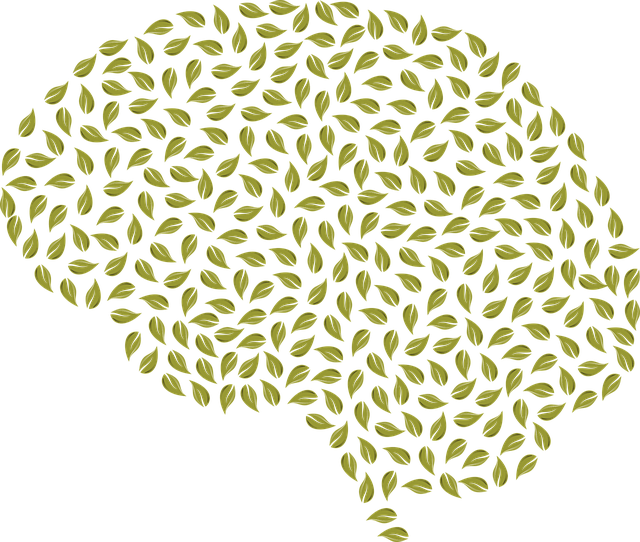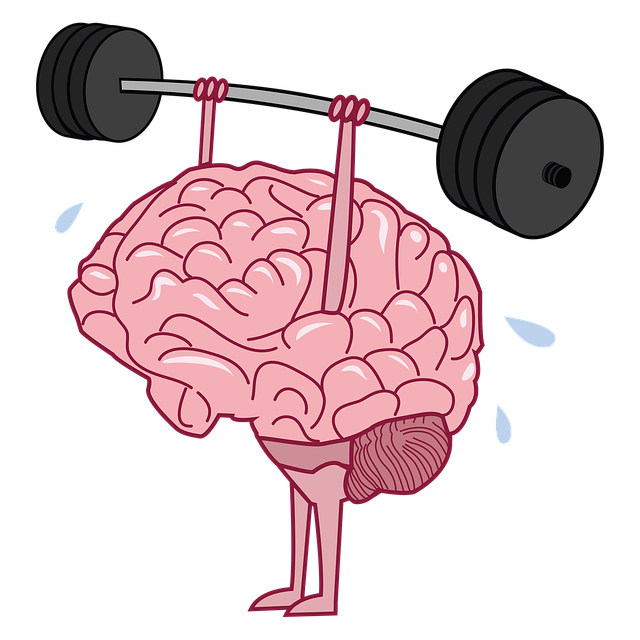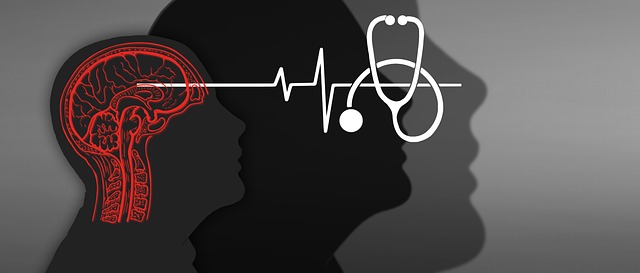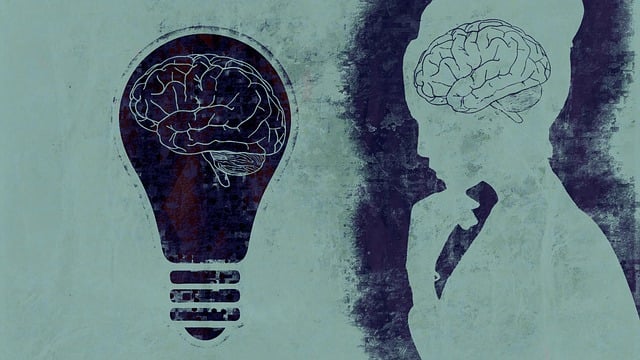Adolescent mental health presents unique challenges, with common issues including anxiety, depression, eating disorders, and substance abuse. Cognitive Behavioral Therapy (CBT), backed by research in risk assessment, equips teens with cognitive restructuring skills to manage emotions. Engaging education programs for CBT should include interactive activities, role-playing, peer support groups, and regular feedback sessions. Integrating evidence-based coping skills like mindfulness exercises promotes long-term mental well-being. Strategic approaches, tailored to adolescents' needs, incorporating CBT into curricula or community programs, along with Trauma Support Services and peer networks, foster emotional resilience and self-awareness.
“Unveiling the power of early intervention, this article explores the intricate process of designing mental health education programs tailored for adolescent well-being. We delve into the significance of understanding the unique challenges faced by teens, with a particular focus on Cognitive Behavioral Therapy (CBT) as an evidence-based approach. By examining best practices and implementation strategies, we aim to equip educators and professionals with tools to foster resilience in young minds, ultimately promoting improved mental health outcomes for therapy-seeking adolescent teens.”
- Understanding Adolescent Mental Health and Cognitive Behavioral Therapy (CBT)
- Designing an Effective Education Program for Teen CBT
- Implementation Strategies to Enhance Adolescent Mental Well-being
Understanding Adolescent Mental Health and Cognitive Behavioral Therapy (CBT)

Adolescent mental health is a critical area that requires specialized attention due to the unique challenges and changes teens face during their formative years. This period is marked by rapid cognitive, emotional, and social development, often leading to heightened vulnerability for various mental health disorders. Issues like anxiety, depression, eating disorders, and substance abuse are not uncommon among adolescents, making it imperative for education programs to target early intervention and prevention strategies.
Cognitive Behavioral Therapy (CBT) has emerged as an effective approach in addressing these concerns. CBT is a form of therapy that focuses on identifying and changing negative thought patterns and behaviors. By teaching teens cognitive restructuring skills, they become equipped to manage their emotions and challenges more effectively. This therapeutic method involves helping adolescents recognize unhelpful thoughts, replace them with realistic and positive ones, and modify behaviors associated with distress. Incorporating CBT into mental health education programs can empower teens with valuable tools for navigating life’s stressors and promoting long-term mental wellness, as supported by research in risk assessment for mental health professionals. Additionally, teaching conflict resolution techniques and encouraging mental wellness journaling exercises can further enhance these programs’ effectiveness.
Designing an Effective Education Program for Teen CBT

Designing an effective education program for Teen CBT involves understanding the unique needs and developmental stage of adolescents. Cognitive Behavioral Therapy (CBT) has been proven to be highly beneficial in treating various mental health issues among teens, such as anxiety and depression. The program should incorporate interactive and engaging activities tailored to their age group, fostering a safe space where they can openly discuss challenges and learn practical coping skills. By integrating evidence-based techniques, students can develop self-awareness, problem-solving abilities, and effective stress reduction methods.
Effective Mental Health Education Programs Design for CBT should go beyond mere theory. It should include role-playing scenarios to practice newly acquired skills, peer support groups to encourage sharing experiences, and regular feedback sessions to reinforce learning. Incorporating coping skills development activities like mindfulness exercises and relaxation techniques can empower teens with tools to manage their emotions and improve overall well-being. Such programs have the potential to prevent more severe mental health issues later in life, making them a valuable investment for schools and communities.
Implementation Strategies to Enhance Adolescent Mental Well-being

Implementing effective mental health education programs for adolescents involves strategic approaches that cater to their unique needs and developmental stages. One proven therapy for adolescent teens is Cognitive Behavioral Therapy (CBT), which equips them with valuable coping skills to manage stress, anxiety, and depression. By integrating CBT into school curricula or community-based programs, professionals can foster emotional well-being promotion techniques that encourage resilience and self-awareness.
In addition to CBT, Trauma Support Services play a crucial role in enhancing the mental health of young individuals who may have experienced adverse events. These services provide safe spaces for adolescents to process and work through traumatic experiences, thus improving their overall mental well-being. Well-designed Mental Health Education Programs should also incorporate interactive workshops and peer support networks to create a supportive environment where teens can openly discuss mental health concerns and learn from one another.
Mental health education programs play a pivotal role in equipping teens with the tools to navigate their emotional well-being. By integrating knowledge about adolescent mental health and evidence-based practices like Cognitive Behavioral Therapy (CBT), we can empower young individuals to manage stress, anxiety, and other common challenges. Effective program design, coupled with strategic implementation, ensures that CBT becomes accessible and beneficial for adolescent teens, fostering resilience and improving their overall mental well-being.
